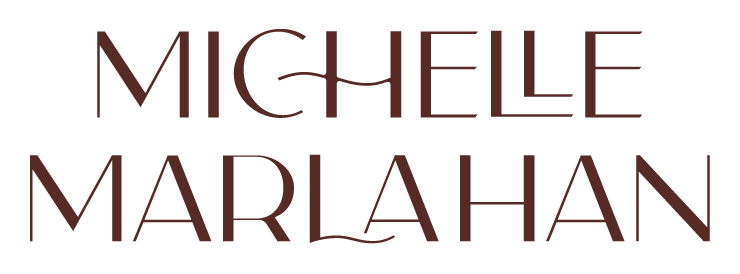Manage Your Waste Line
This was the clever title of an article in the SF Chronicle this past Sunday. Molly de Vries, from Mill Valley, is a self-described "passionate advocate for living a (nearly) non-disposable life." Though she refreshingly admits, "I'm not a minimalist. I'm even a bit of a hoarder."
As someone who strives -- and often fails -- to refuse single-use items like cups, straws, and napkins, instead of using ones I've brought with me, this article caught my attention.
Like with pretty much everything, I don't think there's a magic pill, forever-after here. For me, it's being reminded again and again of the importance, even urgency, of making small changes.
And then it's about MAKING small changes. Remembering just one time to put the mug in my car before the trip to get a chai. Then it's a little easier to remember the second time. And on and on.
The Chronicle article included de Vries "baby step" action items. I liked them and thought you might, too.
If you have tips on how to spare the single-use "disposables," I'd love to hear. And if you're up for doing a 30 day Refuse Single-Use pledge, let me know! It's been on my mind and it's always more fun to do something like that with a pal.
Baby steps toward big actions
Molly De Vries realizes that the idea of achieving a zero-waste life can seem paralyzing, and she insists it is not an all-or-nothing proposition. “Moving toward a non-disposable life is less about perfection and more about deep awareness and lots of tiny actions,” she says. Below are some of her suggestions for inching one’s way into the pool.
Arm yourself with information. Plastic pollution is a growing plague: clogging waterways, damaging marine ecosystems, and entering the food web. Learn more at www.5gyres.com.
Know your waste stream. Every city hauler picks up different items for compost, recycling and landfill. Check your hauler’s website for specifics on what goes where.
Produce doesn’t require a plastic or compost bag. To keep greens crisp and fresh longer, wash lettuce, wrap in a clean textile like a furoshiki, and place in an airtight box in the fridge.
Know where your food comes from. “I don’t want to see ‘USA’ on my carrots; are they from California?” de Vries says.
Make a personal commitment to refuse obvious items. No more plastic water bottles, disposable cutlery, straws, disposable coffee cups. And use real tableware when entertaining (it’s nicer, anyway!) rather than disposable plates and cutlery.
Collect cloth shopping bags. Use for produce and bulk-bin items such as grains, pasta, nuts and dried fruit (also a good way to avoid excess packaging).
Build a cleaning pantry. And choose cleansers with basic, pure ingredients like baking soda, vinegar, castile soap, essential oils.
Patronize. Frequent markets and products that support good practices by offering organic local ingredients, minimal packaging, and quality products built to last.
Try something new. Try washing clothes in cold water and line drying; eating less meat; looking for alternatives to driving; planting an herb garden. Small actions lead naturally to bigger ones, and it’s easier than trying to do everything at once.
See the full article here.
Michelle Marlahan
Where Self Care becomes Soul Care
Join me for a free live webinar on How to Create a Grief Altar to Ease Heartache | Instagram | Facebook



